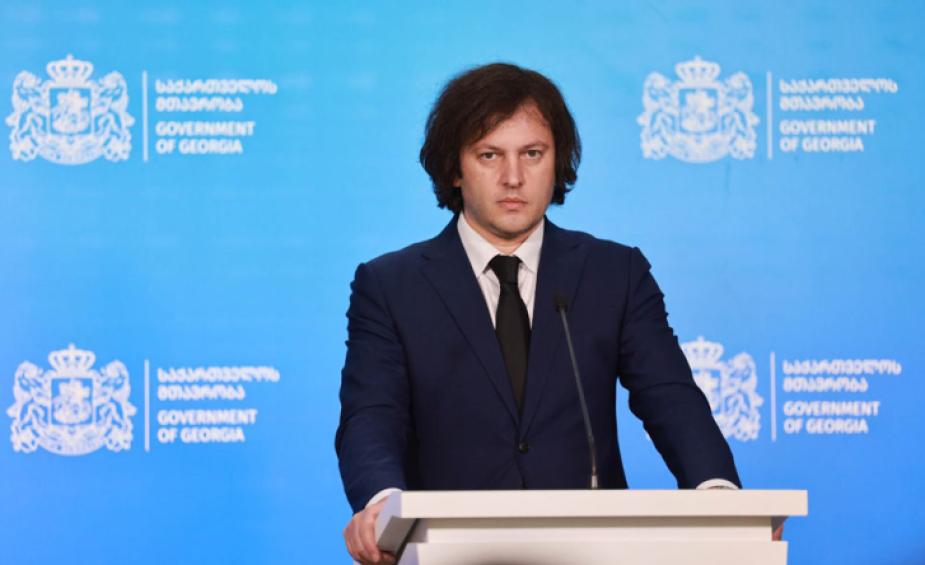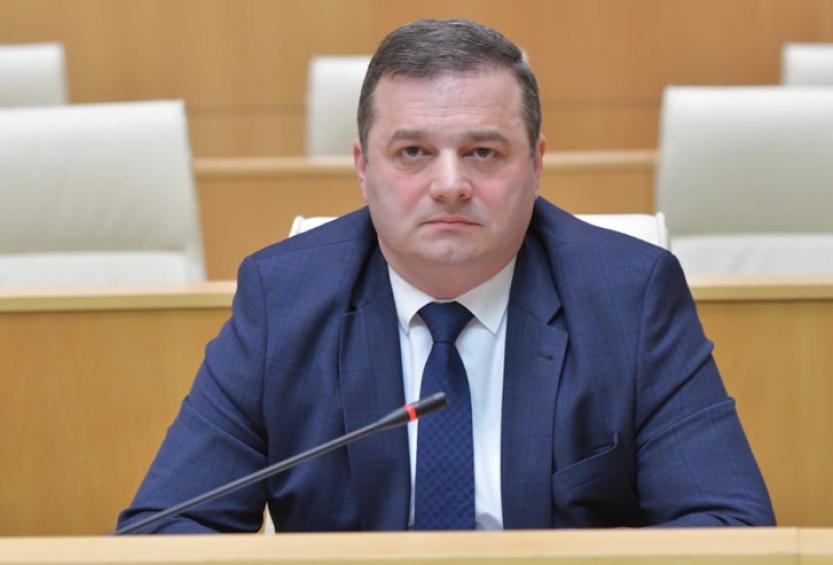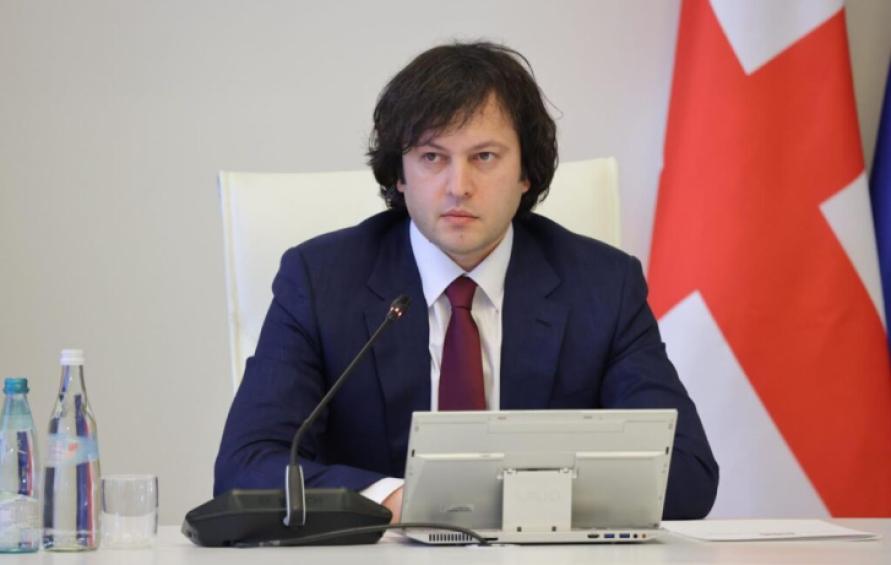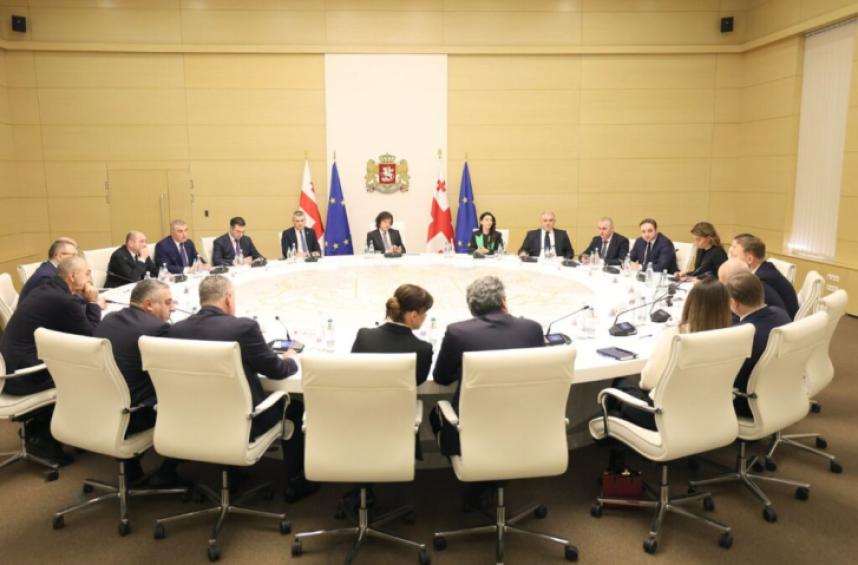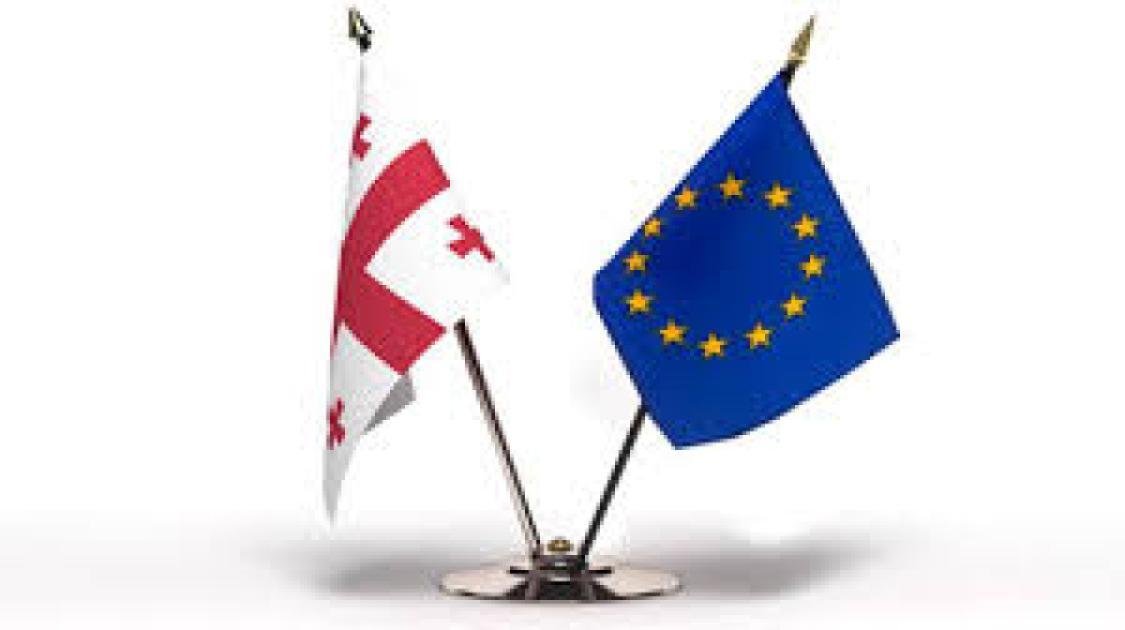
The European Union Delegation to the Council of Europe has issued a strong statement expressing concern over the deteriorating human rights situation and democratic standards in Georgia. Speaking on behalf of the EU and its member states, the Delegation urged Georgian authorities to uphold the democratic values and European aspirations of the Georgian people.
“We are concerned about the human rights situation and the ongoing democratic backsliding in Georgia,” the statement reads.
The EU highlighted a recent series of incidents between September 1–3, during which 21 individuals were charged with offenses including organizing or participating in group violence, illegal drug possession, and intentional bodily harm. While two opposition leaders were recently pardoned, the EU noted that other political figures remain detained, and peaceful protests have reportedly been met with violence.
The EU called on Georgian authorities to respect core democratic freedoms, including the rights to free expression, peaceful assembly, and association. It emphasized the need to investigate allegations of excessive force by law enforcement and to ensure accountability for any violations.
“Upholding the independence of the judiciary and guaranteeing the right to a fair trial are fundamental,” the statement added.
The Delegation also criticized the freezing of bank accounts belonging to seven independent civil society organizations, warning that civil society must be allowed to operate freely and engage meaningfully in public policymaking. The EU urged Georgia to implement all pending recommendations from the Venice Commission.
In addition, the EU expressed regret over the Georgian government’s failure to invite international observers, including the Congress of Regional and Local Authorities and the OSCE/ODIHR, to monitor upcoming elections.
“We underline the EU’s readiness to support the Georgian people’s European aspirations,” the statement concluded, noting that Georgia’s path toward EU accession hinges on a reversal of its current trajectory.
Several non-EU countries—including Albania, Iceland, Ukraine, and the United Kingdom—aligned themselves with the statement, further underscoring growing international concern over developments in Georgia.
0
0




